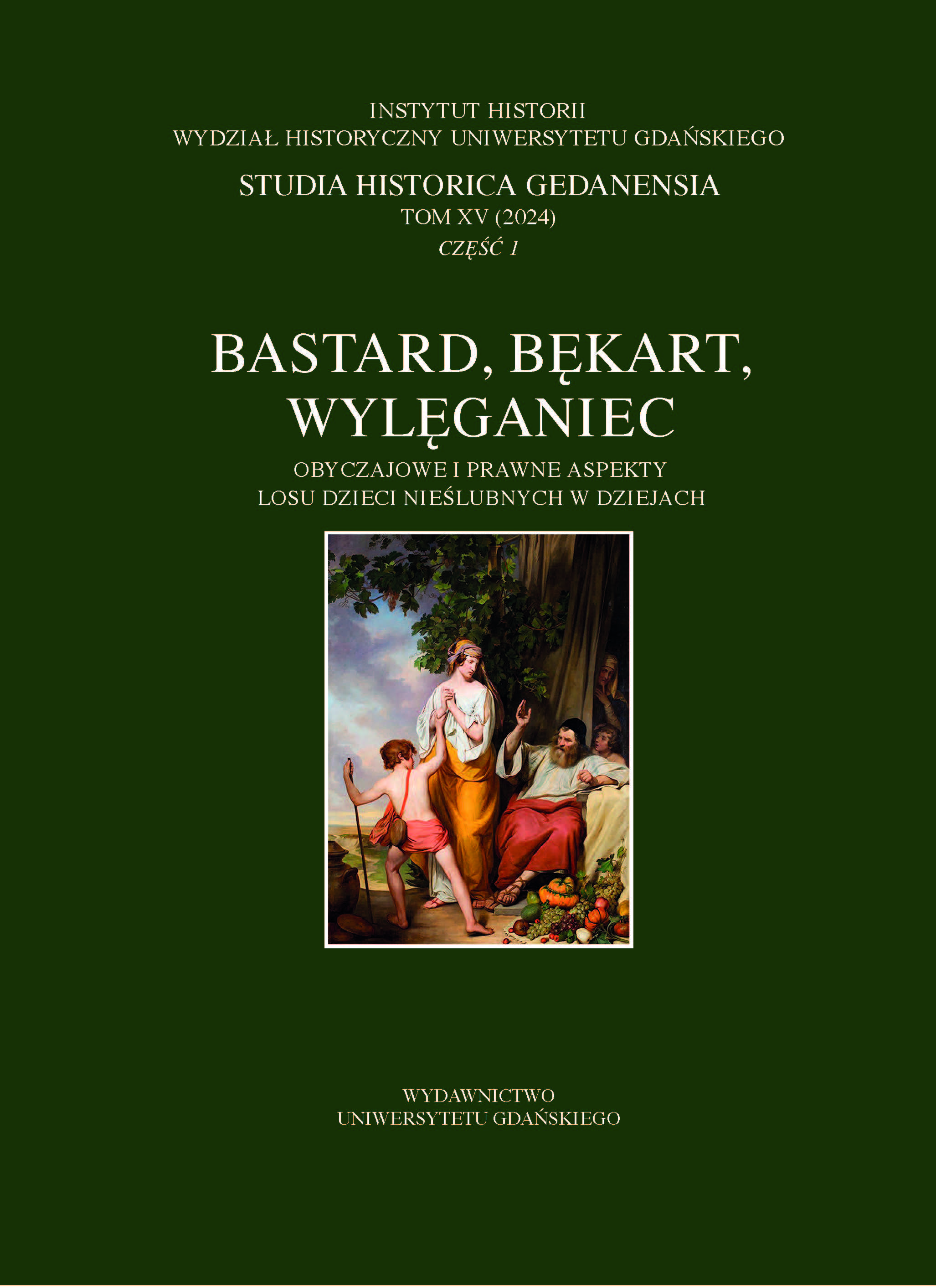Spadkobranie nieślubnych dzieci w Polsce Ludowej – od dyskryminacji do równouprawnienia
Inheritance of illegitimate children in People’s Poland: from discrimination to equality
Author(s): Mariola Szewczak-DanielSubject(s): History, Law, Constitution, Jurisprudence, History of Law, Social history, Recent History (1900 till today), Post-War period (1950 - 1989)
Published by: Wydawnictwo Uniwersytetu Jagiellońskiego
Keywords: the illegitimate child; heritage; People’s Poland; inheritance; equality
Summary/Abstract: In the early years of People’s Poland, the field of inheritance was governed by the legislation of the partitioning states, as the legislative efforts on civil law, including inheritance law, undertaken in the Second Polish Republic, did not yield the expected results. The first legal act regulating inheritance issues in People’s Poland was the Decree on Inheritance Law from 1946. According to this decree, illegitimate children could inherit under the same rules as children born within marriage if they were entitled to inheritance as a result of their parents’ marriage, recognized as such or the equivalent of such. The significant change in the legal status of illegitimate children in inheritance matters came with the adoption of the Family Code in 1950, which took effect on October 1, 1950. Consequently, illegitimate children and children born within marriage were granted equal rights in the field of inheritance. From then on, an illegitimate child had the same inheritance rights as children born within marriage from both their mother and father, as well as their relatives. The Civil Code of 1964, currently in force, does not differentiate the legal status of children based on whether they were born within or outside marriage. Illegitimate children inherit under the same rules as children born within marriage.
Journal: Studia Historica Gedanensia
- Issue Year: 1/2024
- Issue No: 15
- Page Range: 257-273
- Page Count: 17
- Language: Polish

